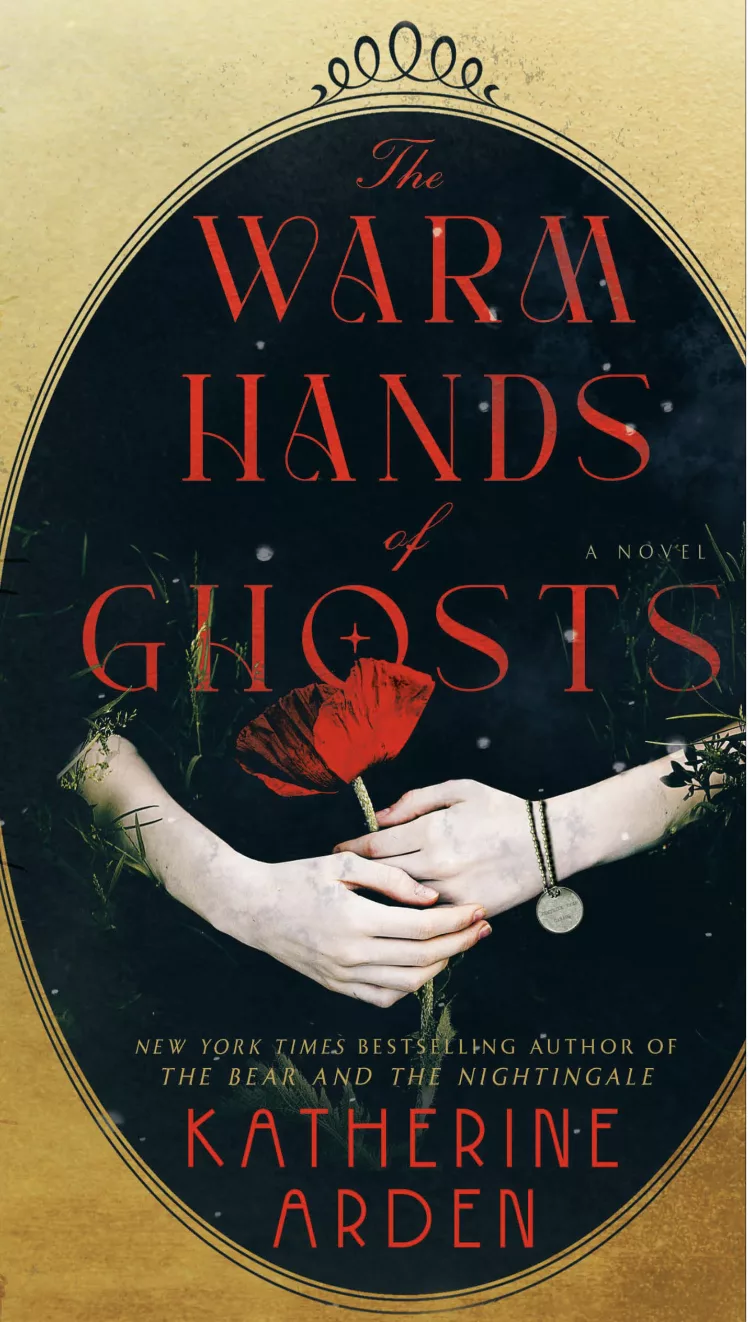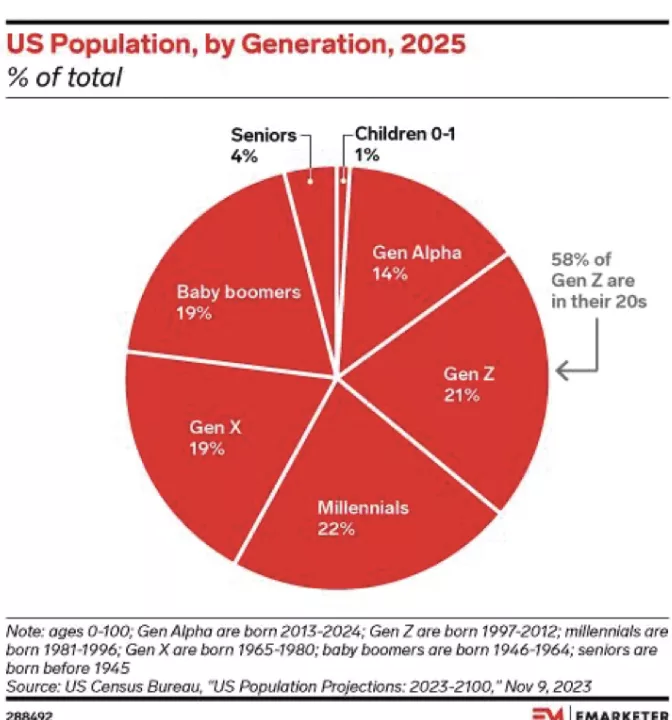By Justin Crisp
I was reminded recently of the old MasterCard commercials—the ones that conclude, “There are some things in this world money can’t buy. For everything else there’s MasterCard.” One of my favorites features a dad and his son going to a baseball game. The voiceover says, “2 tickets: $28. 2 hot dogs, 2 popcorns, 2 sodas: $18. One autographed baseball: $45. Real conversation with eleven-year-old son: priceless.”
Those commercials were fantastic. They spoke to something true. There really are some things that money can’t buy, and the commercials always suggested it’s those things that make life worthwhile. Money at its best serves the priceless thing, makes it possible, but money isn’t the thing itself.
It’s a valuable lesson, one which Jesus tries to get across to his disciples in Mark 10:17-27—a passage famous for the zinger, “It is easier for a camel to go through the eye of a needle than for someone who is rich to enter the kingdom of God” (Mark 10:23). The story begins with Jesus meeting a rich man who (according to the rich man, anyway) has lived a nearly perfect moral life: he says he’s never murdered anyone, never committed adultery, never lied, and so on. Jesus responds to the rich man, That’s all well and good, but there’s one thing you haven’t done: “Go, sell what you own, and give the money to the poor, and you will have treasure in heaven” (Mark 10:21).
Jesus gives advice like this a couple times in the gospels. He doesn’t quite have a formula, though. He tells this guy to sell everything he owns, but in Luke 19, he’s satisfied when a tax collector named Zacchaeus sells just half his possessions. Sure, I’m intimidated by the latter almost as much as I am the former, but the fact Jesus counsels different people to give up different amounts of wealth means he’s taking a scalpel to their hearts not their pocket books. Jesus knows just how much it’s going to take to get the person to stop thinking their money is going to save them and get them to trust him with their life and their livelihood instead.
The most important verse of the story in Mark 10, in fact, comes before Jesus gives the rich man any advice. It reads, “Jesus, looking at [the rich man], loved him” (10:21a). Jesus loves him. Despite what some people may tell you, Jesus was not a Marxist. Jesus loves the rich man. He wasn’t going to send him to the guillotine. He tries to help him.
I think we all know how easy it is to think money is going to save us. As a matter of fact, money is great. Notwithstanding the Biblical counsel that “the love of money is the root of all kinds of evil” (1 Timothy 6:10), I’ll admit that I love money. I love money because money is powerful, and it can be a powerful tool for good. Readers know I have a child in the NICU at Greenwich Hospital. Money means insurance premiums which mean life-saving care for my baby. That’s good, period. But, crucially, money as such won’t save my baby. Money, at its best, can create the conditions under which my baby can be saved, but money’s not God, not the neonatologist, not knowledge and expertise and medicine. Money pays the hospital, paid for education and R&D and tech and so on, but money is always the means, never the end. And that’s where Jesus knows so many of us get tripped up. We think that the escalating number on our 401(k)s will buy us a ticket to the good life, when the good life, friends, is made up of stuff that is priceless.
That’s what brings Jesus to the tricky saying about the camel and the needle and all that. There is a tradition in the Bible that interprets wealth as a sign of righteousness. You can find it in the book of Proverbs, for example. Work hard, save wisely, spend prudently, and you’ve got the makings of wealth. That’s all true. But sometimes adherents of that tradition take it one step further: that being wealthy means being righteous, and being righteous means being worthy of God’s love—more worthy than the ne’er-do-wells anyway.
In the culture Jesus and his disciples were walking around in, wealth was considered a sign God found you lovable. That’s why, when Jesus says it’s easier for a camel to pass through the eye of a needle than for a rich man to enter the kingdom of God, the disciples “were greatly astounded and said to one another, ‘Then who can be saved?’” (Mark 10:26). It’s as though Jesus said, “it’s easier for a camel to pass through the eye of a needle than for Mother Teresa, or Gandhi, or Martin Luther King, Jr. to enter the kingdom of God.” We’d all be greatly astounded too and exclaim, “Then who can be saved?!” Jesus responds, “For mortals it is impossible, but not for God; for God all things are possible.”
Jesus’ point is that salvation, a relationship with God, the fact that God loves you—that’s one of the things money can’t buy. Your IRA can’t pay for it. Your good works and good behavior can’t buy it. Love can’t be earned. We love who we love just because. And God’s love is like that too. The rich man is tempted to think he’s earned God’s love—by his righteousness and by his wealth—when, the fact is, Jesus loves him, and would still love him, even if he were penniless.
So, no, Jesus does not say rich people go to hell. But Jesus does say that wealth isn’t proof you’re loved by God more than other people are. Jesus does say you can’t pay for God’s love with money any more than you can pay for it with good works. In other words: it’s priceless.
The Reverend Dr. Justin E. Crisp is a husband, dad, music lover, and priest. He serves as the priest in charge of St. Barnabas Episcopal Church and lives with his wife, Jewelle, their pug, Val, and (soon!) their daughter, Beatrice, on the St. Barnabas hilltop in backcountry. He also teaches Anglican history and theology at Berkeley Divinity School at Yale.



